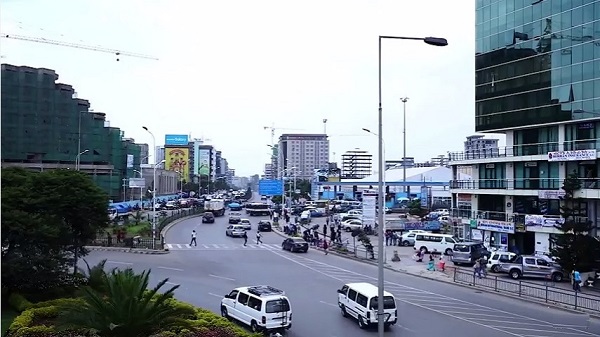
Although robust economic growth has reduced the percentage of the population living in poverty, Ethiopia is is also a nation in political turmoil.
By Charles Busch & James M. Roberts (The Daily Signal)
Ethiopia, a huge and beautiful country that straddles the Great Rift Valley just north of the equator in Africa, traces its history to biblical times.
Blessed with a long growing season and rich agricultural land, it is also a nation in political turmoil—albeit also one that is a key U.S. ally and partner in the fight against terrorism throughout that turbulent region of the world.
Prime Minister Hailemariam Desalegn’s political coalition claimed all 547 seats in May 2015 parliamentary elections that critics charge were conducted in an atmosphere of government intimidation.
Little remains of democracy in Ethiopia, especially since the hardening (beginning in 2015) of enforcement of laws that repress political opposition, tighten control of civil society, suppress independent media, and control online activity.
Although robust economic growth has reduced the percentage of the population living in poverty, the government’s violent repression of demonstrations in the past 12 months by the large Oromo tribe has claimed hundreds of lives.
In response to domestic and international pressure, in 2016 the government established the Ethiopia Human Rights Commission to investigate abuses.
The head of the commission, Addisu Gebre-Egziabher, has said that “security forces had been ‘negligent’ when firing tear gas at protesters during a religious festival, triggering a stampede that killed scores.”
Speaking at an event attended by Heritage Foundation analysts in July 2017 at the Ethiopian Embassy in Washington, Addisu promised that those in power using excessive force are “being held accountable.”
This is a step in the right direction, but only time will tell if it is truly effective.
The commission is still largely connected to and dependent upon the government for substantial action. Freedom House reports that the media remains severely restricted in the country and that some journalists are among the political prisoners held by the state in grueling conditions.
Read the complete story at The Daily Signal
——
See also:
- Ethiopia and World Bank Agree Five-year Deal
- Germany Unveils Marshall Plan with Africa at the AfDB
- Supporting Improved Access to Pharmaceuticals and Services (SIAPS) in Ethiopia: USAID
- New Country Partnership Framework to Support an Inclusive and Equitable Growth Path for Ethiopia
